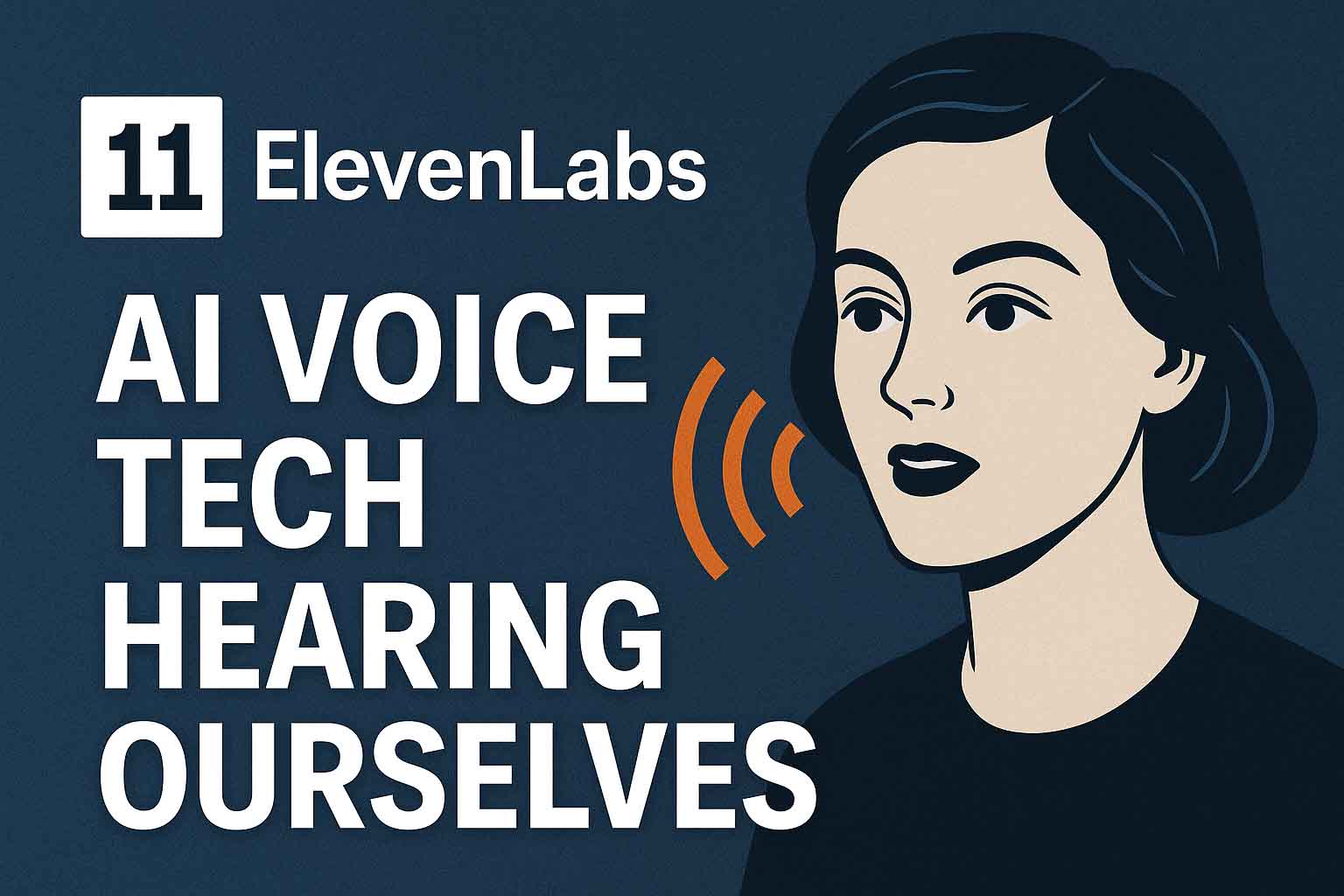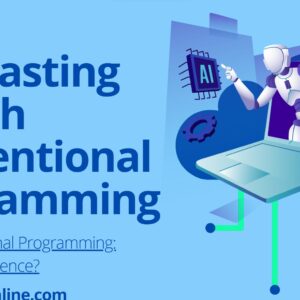When Your Own Voice Sounds Like a Stranger: Exploring Elevenlabs Revolutionary AI Dialogue Feature
AI-generated voices have been around for years, but what happens when your virtual voice starts laughing, shouting, and even chatting back with you? This week, ElevenLabs unveiled a striking new feature that pushes AI voice synthesis beyond simple narration—transforming it into lively, conversational dialogue.
While the original source video remains uncredited, the insightful demonstration (available here) showcases how this technology can be trained quickly—even with just 30 seconds of your voice—and start mimicking not just your tone but your personality quirks, like chuckling or sounding excited.
Can AI Voice Really Capture Who We Are?
The real question isn’t just how realistic the AI voice can be, but how it makes us feel hearing ourselves back. The creator from the video tried the short 30-second voice training option with ElevenLabs and noticed a strange cognitive dissonance: the AI voice was familiar but just slightly off, sparking a deep reflection:
> “Is that what I sound like?”
This reaction is surprisingly common. Most people dislike recordings of their own voices, but hearing an AI-generated voice—somewhere between a clone and a caricature—forces us to reconsider our perceptions of self and identity.
The Quick vs. High-Quality Voice Training Debate
ElevenLabs offers two main training options:
– Quick training: About 30 seconds of audio, which gets you a decent voice model in no time.
– High-quality training: Up to 30 minutes of audio for a more refined and accurate voice reproduction.
The quick method is great for experimentation and rapid deployment, but if you want the AI voice to truly mirror your nuances, investing time in the longer method pays off.
Why Adding Emotion and Conversation Changes the Game
What sets ElevenLabs apart isn’t just voice synthesis—it’s the AI’s ability to simulate natural human dialogue with emotion:
– Laughing, chuckling
– Excited tones
– Shouting or emphasizing words
This adds layers of authenticity and potential for content creators, voice actors, and accessibility tech. Imagine audiobooks with realistic back-and-forth banter or customer service bots that genuinely sound empathetic.
Ethical Implications: Your Voice, Your Identity
The ability to clone your voice so quickly raises vital ethical questions. How do we protect individuals from misuse?
You can learn more about these concerns in AI ethics and news discussions like those found here. It’s crucial that as we embrace these innovations, we also champion transparent consent, secure data use, and clear boundaries around voice cloning.
What’s Next for AI Voice Technology?
As AI voices become more polished and emotionally rich, the line between human and machine communication blurs further. The ElevenLabs example shows we’re approaching a future where AI can co-create with us—not just replicate our sound but resonate with our emotions and personality.
So, what if your AI voice sounds just like you—or better? Are you ready to listen?
—
Dive into the future of voice AI and explore the fascinating dialogue this technology opens up. To experience the demo firsthand, know more .
For more thoughtful explorations on AI’s impact on society, technology, and ethics, see more AI news and ethics topics.
—
FAQ
Q1: What is this article about?
It explores e innovative AI voice dialogue feature and the emotional impact of hearing oneself cloned through artificial intelligence.
Q2: Why is AI voice cloning significant?
Because it blurs the line between human and machine communication and raises important questions about identity and ethical use.
Q3: How accurate are AI voices with short training samples?
AI voices trained on 30 seconds of audio sound decent but can be improved significantly with longer samples for higher fidelity and nuance.
📢 Want more insights like this? Explore more trending topics.


